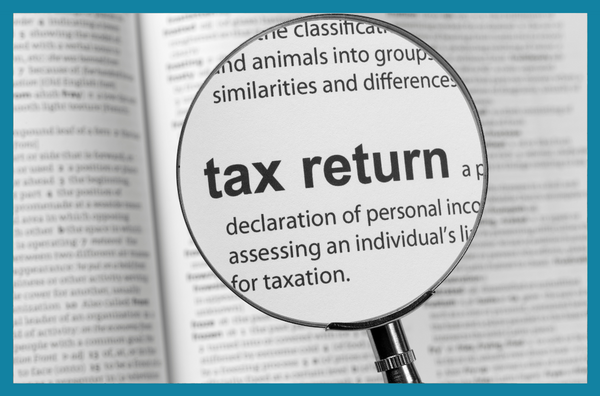When Does a Nonresident in New York Need to File a Tax Return?
Generally, nonresidents with income from New York sources must file a tax return in New York. However, you must be careful about claiming to be a nonresident if you maintain a second home in New York. Residency rules are confusing and even if you spend most of the year living outside the state, you could still be considered a New York resident under the appropriate circumstances. If you mistakenly claim to be a nonresident, you could be audited and be liable for significant taxes plus interest and penalties. That’s because nonresidents only pay taxes on New York source income, while residents pay taxes on all income regardless of the source. If you do file as a nonresident incorrectly, it is best to contact a tax attorney for assistance.
How Does New York Determine If You Are a Resident for Income Tax Purposes?
New York has two tests for residency. The domicile test considers several factors to determine the location of your “one true home.” The statutory residency test looks at whether you maintain a “Permanent Place of Abode” in New York for substantially all of the year and spend more than 183 days of the tax year in New York. If you meet the requirements under either test you will be deemed a resident and taxed accordingly. For more details on the residency tests, download our eBook or contact a tax lawyer to discuss your unique circumstances.
When Do You Need to File a New York Tax Return as a Nonresident?
New York provides that nonresidents must file a tax return if they meet one of the following conditions:
- They have New York source income and their New York adjusted gross income Federal amount column (Form IT-203, line 31) exceeds their New York standard deduction.
- They want to claim a refund of any New York State, New York City, or Yonkers income taxes withheld from their pay.
- They want to claim any of the refundable or carryover credits available.
- They had a net operating loss for New York State personal income tax purposes for the tax year, without having a similar net operating loss for federal income tax purposes.
Note that there are additional rules for New York City, Yonkers, and MCTMT.
What Constitutes New York Source Income?
Nonresidents only pay tax to New York on income sourced in New York. That includes income, gain, loss or deduction from:
- real or tangible personal property located in the state
- services performed in the state
- a business, trade, profession, or occupation carried on in New York State whether or not as an employee
- shares in a New York partnership or S corporation
- shares in a New York co-op
- shares of New York State estate or trust income or gain
- gain or loss from the sale of your interest in certain New York entities.
Did You File Correctly as a Nonresident?
If you have more than one home, it is advisable to check with a tax professional about your residency. In the event of a mistake, you may be able to admit your error to the state, pay your taxes and avoid penalties through the Voluntary Disclosure Program, assuming the state has not yet identified the problem.
If you receive a residency questionnaire or audit notice from New York, contact a tax attorney experienced in handling New York residency audits for assistance. New York is very aggressive in enforcing its residency rules. A tax lawyer can help you challenge the audit or otherwise resolve your matter.
For more information, contact us for a consultation. We have over 25 years of experience successfully handling residency audits.



